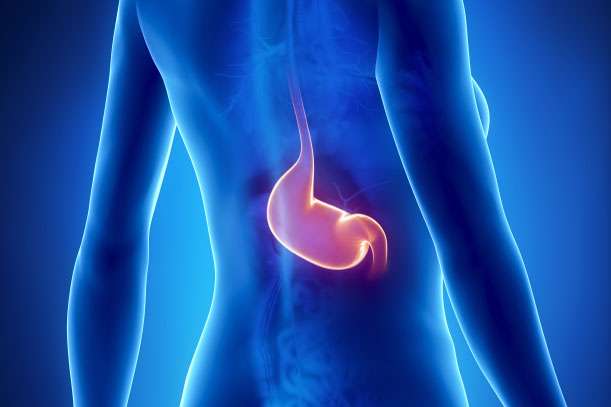Oesophageal cancer
The p53 Research Group phase I biomarker study was conducted among patients with oesophageal cancer and pre-operative chemotherapy. In the biomarker study it was demonstrated that patients with a normal TP53 gene status had an extreme advantage through chemotherapy and lived an average 27 months longer, in contrast to patients with a TP53 mutation.
The study entitled „The biomarker TP53 divides patients with neoadjuvantly treated oesphageal cancer into 2 subgroups with markedly different outcome“ was published in November 2014 in The Journal of Thoracic and Cardiovascular Surgery (JTCS). Also published in The Journal of Thoracic and Cardiovascular Surgery (JTCS) was an op-ed article entitled: „Predicting response to neoadjuvant therapy in esophageal cancer with p53 genotyping: A fortune-teller’s crystal ball or a viable prognostic tool?“
The most important results from the pilot study:
- Patients with a normal p53 marker status survived significantly longer – by 1.5 years on average – than patients with a mutated p53 marker status./li>
- In the case of a normal p53 marker status, the pre-operative standard chemotherapy administered proved to be surprisingly effective, whilst the same therapy among patients with a mutated p53 marker status was ineffective or even counter-productive in relation to survival.
Conclusion
This phase I biomarker study was able to demonstrate that pre-operative chemotherapy with Cisplatin/Fluorouracil is extremely effective in the case of oesophageal cancer, if the tumour has a normal p53 gene. In addition, the data indicates that the application of this standard chemotherapy could even be counter-productive among patients with a mutated p53 gene.[:]
